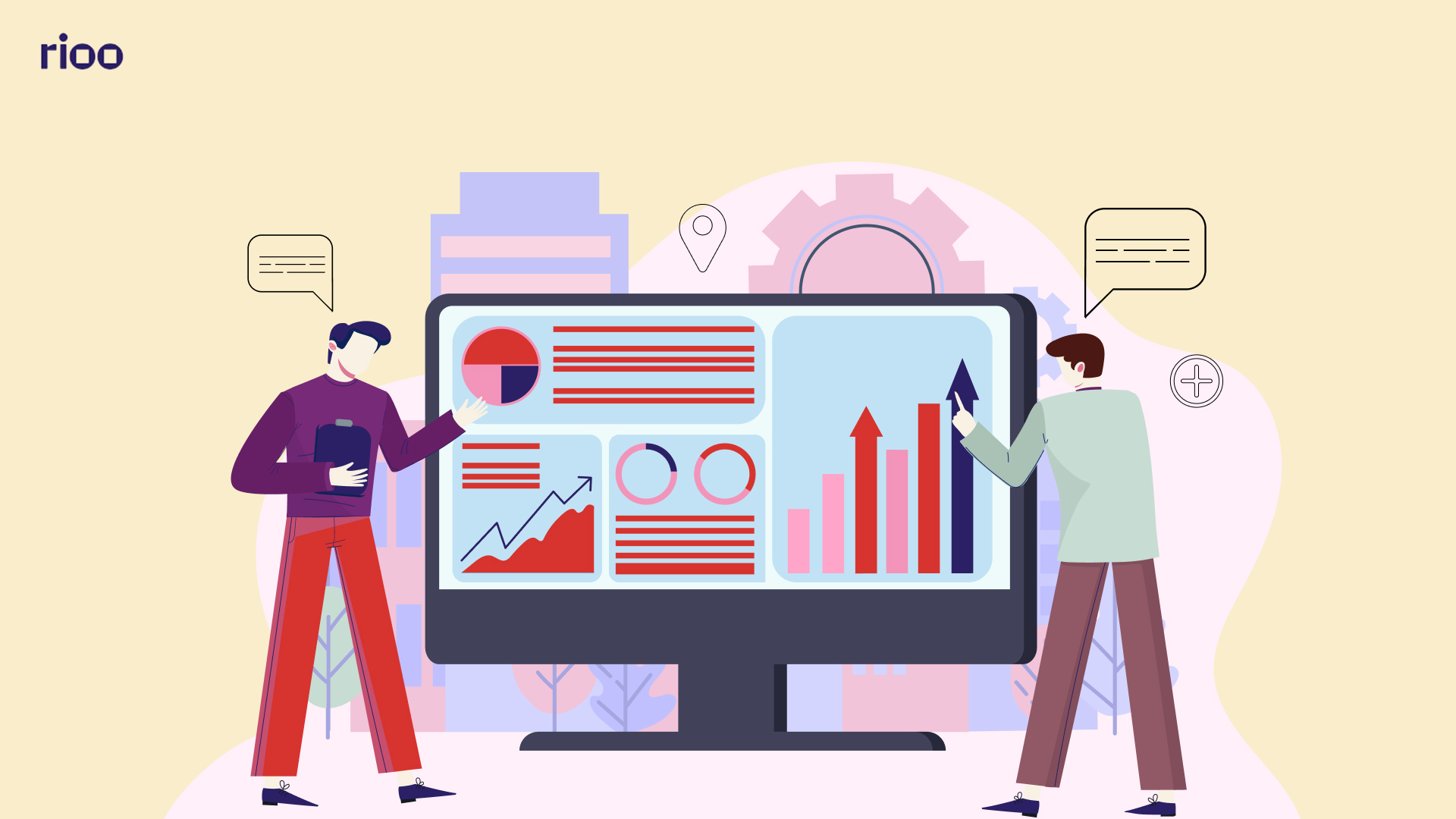Managing properties efficiently requires a balance of organization, communication, and automation. In today’s fast-paced world, property managers can greatly benefit from property management software that streamlines processes, reduces errors, and saves valuable time. But with so many software options available, it can be challenging to figure out which features truly matter. This blog delves into the property management software features that make a significant impact on the daily operations of property managers, focusing on areas such as tenant management, rent collection, accounting tools, and maintenance management.
Why Property Management Software Matters
Property management is no longer just about collecting rent and handling maintenance requests. The industry is evolving, with technology playing a significant role in making processes more efficient. Property management software allows property managers to handle multiple properties, track finances, communicate with tenants, and automate daily tasks from a single platform. Whether you're managing a small portfolio or large-scale multi-unit complexes, the right software can provide a smoother workflow, improved tenant relations, and better financial management.
Let’s take a deeper look at the key property management software features that can help improve your property management operations.
Tenant Management
Effective tenant management is at the heart of every successful property management operation. Keeping track of tenant details, lease agreements, payments, and communication is essential for smooth management. The best property management software offers a comprehensive tenant management feature that enables you to store important information in a centralized system.
Tenant management tools often include capabilities for lease tracking, online rental applications, and digital signatures for leases and agreements. These features help property managers keep track of rental terms, due dates, and other important documents that might otherwise be scattered across different platforms. Additionally, automated reminders for lease renewals, rent payments, and inspections reduce administrative burdens and ensure timely follow-ups.
Moreover, tenant portals allow tenants to update their contact details, request maintenance, and even pay rent online. By offering a streamlined experience, tenant management software fosters better tenant retention and satisfaction.

Rent Collection
Rent collection can be a time-consuming task, but property management software features aimed at automating this process can significantly reduce manual effort. With integrated online payment systems, tenants can pay rent directly through the software, providing a secure and convenient method for both the tenant and property manager.
This feature often includes multiple payment options, such as credit cards, ACH transfers, or even mobile payments. Automated reminders for due rent and late fees help to ensure payments are made on time. For property managers, this means fewer manual follow-ups and reduced instances of missed or delayed payments.
Moreover, having rent collection integrated within the property management software offers real-time payment tracking, giving property managers immediate visibility into whether rent has been paid. This also provides financial reports, which can be crucial for ensuring all rental income is accurately recorded and helping managers stay on top of cash flow.
Accounting Tools
One of the biggest challenges in property management is handling finances. From calculating operating expenses to tracking security deposits and managing tax obligations, there’s a lot to keep up with. A comprehensive accounting system within property management software can take the guesswork out of this process.
Accounting tools integrated into property management software allow for automated invoicing, budgeting, and tracking income and expenses. The software should also enable tax reporting, making it easier for property managers to prepare their financial statements at the end of the year.
Additionally, detailed financial reports generated by the software offer transparency and help with future decision-making. For example, managers can assess which properties are generating the most income, track long-term profitability, and plan future investments more effectively. These accounting features eliminate the need for manual tracking, reducing errors and improving overall financial management.
Maintenance Management
Maintenance requests can quickly become overwhelming without the proper tools in place. Whether it’s routine repairs, emergency requests, or scheduled inspections, managing maintenance tasks efficiently is crucial for keeping tenants satisfied and properties in good condition. This is where property management software features related to maintenance management come in.
A robust maintenance management system allows tenants to submit maintenance requests online, track the progress of these requests, and communicate with maintenance staff. This transparency helps ensure that no issues are overlooked and that requests are handled promptly.
Property managers can easily assign tasks to maintenance staff or external contractors and monitor progress, ensuring that repairs are completed on time. Having a digital record of maintenance requests helps with long-term planning and tracking recurring issues, which can be useful for budgeting and improving the property’s upkeep.
Customizable Reporting
In addition to basic accounting tools, property management software often includes customizable reporting options. This feature is essential for property managers who want detailed insights into their property portfolio’s performance. The ability to generate custom reports allows managers to evaluate the success of their operations and make data-driven decisions.
For example, you may want to generate reports on occupancy rates, rent collection history, or maintenance costs. Customizable reports can be tailored to suit your specific needs, giving you a clearer understanding of your property’s financial and operational health. This is especially helpful for large property managers or real estate investors who need to track numerous units or properties.
Communication Tools
Effective communication between property managers and tenants is key to maintaining a healthy relationship. Property management software often includes communication tools that allow property managers to send messages, alerts, and reminders to tenants directly through the platform.
These tools not only help with rent reminders but also allow for seamless communication regarding maintenance updates, lease renewals, and other important announcements. In some cases, the software might offer a messaging system that lets tenants and property managers communicate privately, helping resolve any concerns or issues quickly and efficiently.
Document Management
Another essential feature in property management software is the ability to manage documents digitally. Property management software with document management capabilities allows you to store leases, contracts, inspection reports, and maintenance logs in a secure, easily accessible location. This minimizes the need for paper records and simplifies the document retrieval process.
With digital document storage, you can quickly access important files, reducing time spent searching through physical files or emails. In addition, it ensures that all documents are organized and stored in a compliant, secure way, reducing the risk of lost or misplaced information.
Conclusion
The right property management software features can significantly simplify property management tasks, whether you manage a few units or a large portfolio. By selecting a software solution that offers effective tenant management, streamlined rent collection, integrated accounting tools, and reliable maintenance management, property managers can increase efficiency, improve tenant satisfaction, and make more informed decisions.
With technology at your disposal, managing properties becomes less about handling routine tasks and more about optimizing processes and focusing on growth. When choosing property management software, consider the features that will best meet the needs of your business, and select a solution that can grow alongside your portfolio. By incorporating these features, you can run a well-organized, efficient property management operation that benefits both property managers and tenants.















